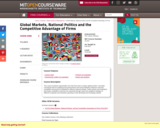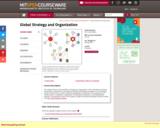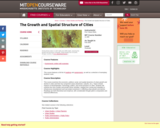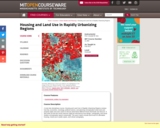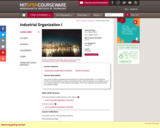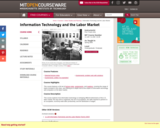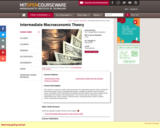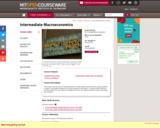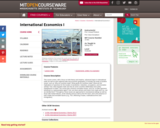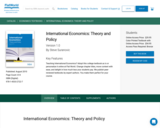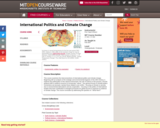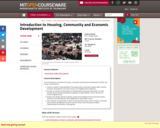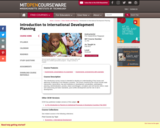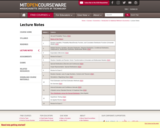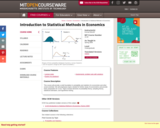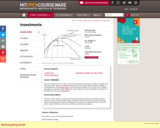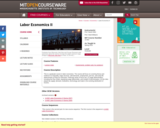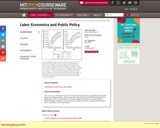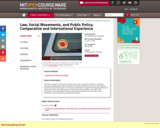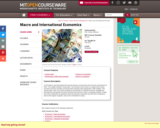International Economics: Theory and Policy is built on Steve Suranovic’s belief that students need to learn the theory and models to understand how economics works and how economists understand the world. And, that these ideas are accessible to most students if they are explained thoroughly.
So, if you are looking for an International Economics text that will prepare your PhD students while promoting serious comprehension for the non-economics major, Steve Suranovic’s International Economics: Theory and Policy is for you.
International Economics: Theory and Policy presents numerous models in some detail; not by employing advanced mathematics, but rather by walking students through a detailed description of how a model’s assumptions influence its conclusions. Then, students learn how the models connect with the real world.
Steve’s book covers positive economics to help answer the normative questions; for example, what should a country do about trade policy, or about exchange rate policy? The results from models give students insights that help us answer these questions. Thus, this text strives to explain why each model is interesting by connecting its results to some aspect of a current policy issue.
This text eliminates some needlessly difficult material while adding and elaborating on other principles. For example, the development of the relative supply/demand structure, or the presentation of offer curves, are omitted as to not go too deeply into topics that tend to confuse many students at this level.
Steve developed new approaches in this text including a simple way to present the Jones’ magnification effects, a systematic method to teach the theory of the second best, and a unique description of valid reasons to worry about trade deficits. These new approaches help students learn the concepts and models and derive conclusions from them.
If you like to take a comprehensive look at trade policies, be sure to check out the chapter on Trade Policy (7). It provides a comprehensive look at many more trade policies than are found in many of the printed textbooks on the market today.
International Economics: Theory and Policy by Steve Suranovic is intended for use in a full semester trade course, a full semester finance course, or a one semester trade/finance course.
